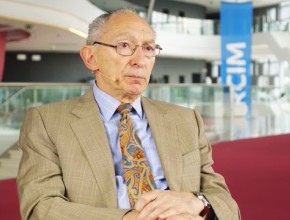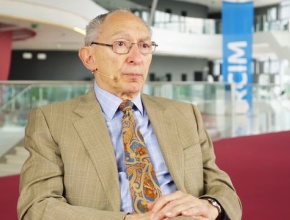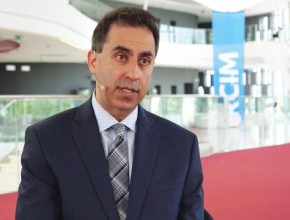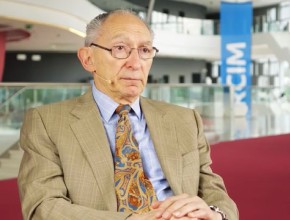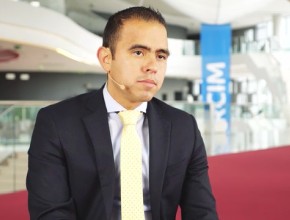Can iodine deficiency influence the incidence of follicular thyroid cancer in the general population?
Leonard Wartofsky, MD: That is an interesting question. There are reports in the literature over the past several decades of the disappearance of follicular carcinoma that paralleled the introduction of iodine supplementation, so that as we ingested more iodine there was a preponderance of papillary thyroid cancer and less follicular cancer. This has been shown in rat models, rodent models as well. The opposite—putting rodents on a low-iodine diet, depriving them of iodine—also increases the risk of follicular thyroid cancer. The mechanism for this may be related to thyroid-stimulating hormone (TSH) stimulation. In countries where there is iodine deficiency, there is a higher incidence of follicular carcinoma, that subtype, as opposed to the incidence of follicular cancer in the West where there is iodine sufficiency. If one looks at the subjects in iodine-deficient countries, they tend to have higher TSH levels, and TSH is a mitogen—it stimulates thyroid growth. There is clearly an association of higher TSH with increased risk of thyroid cancer.
I would say it is a complicated situation. The short answer would be that iodine deficiency is related to an increased risk of follicular versus papillary cancer, but it is multifactorial.
 English
English
 Español
Español
 українська
українська


